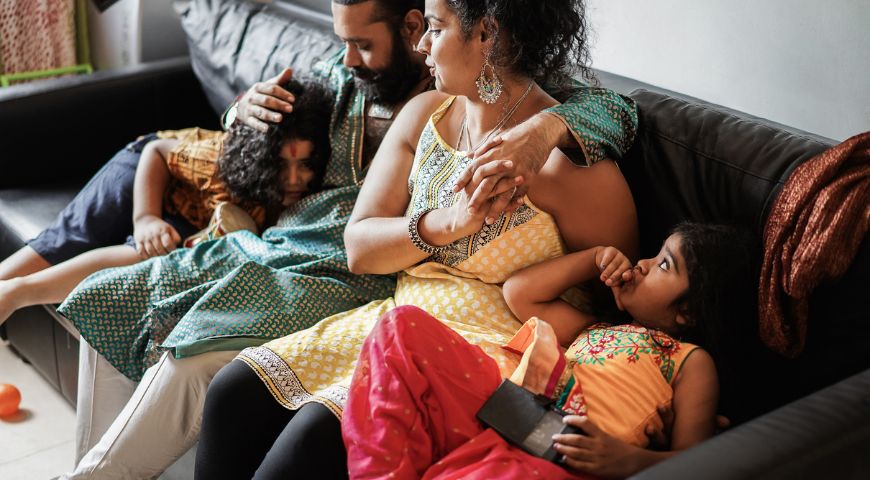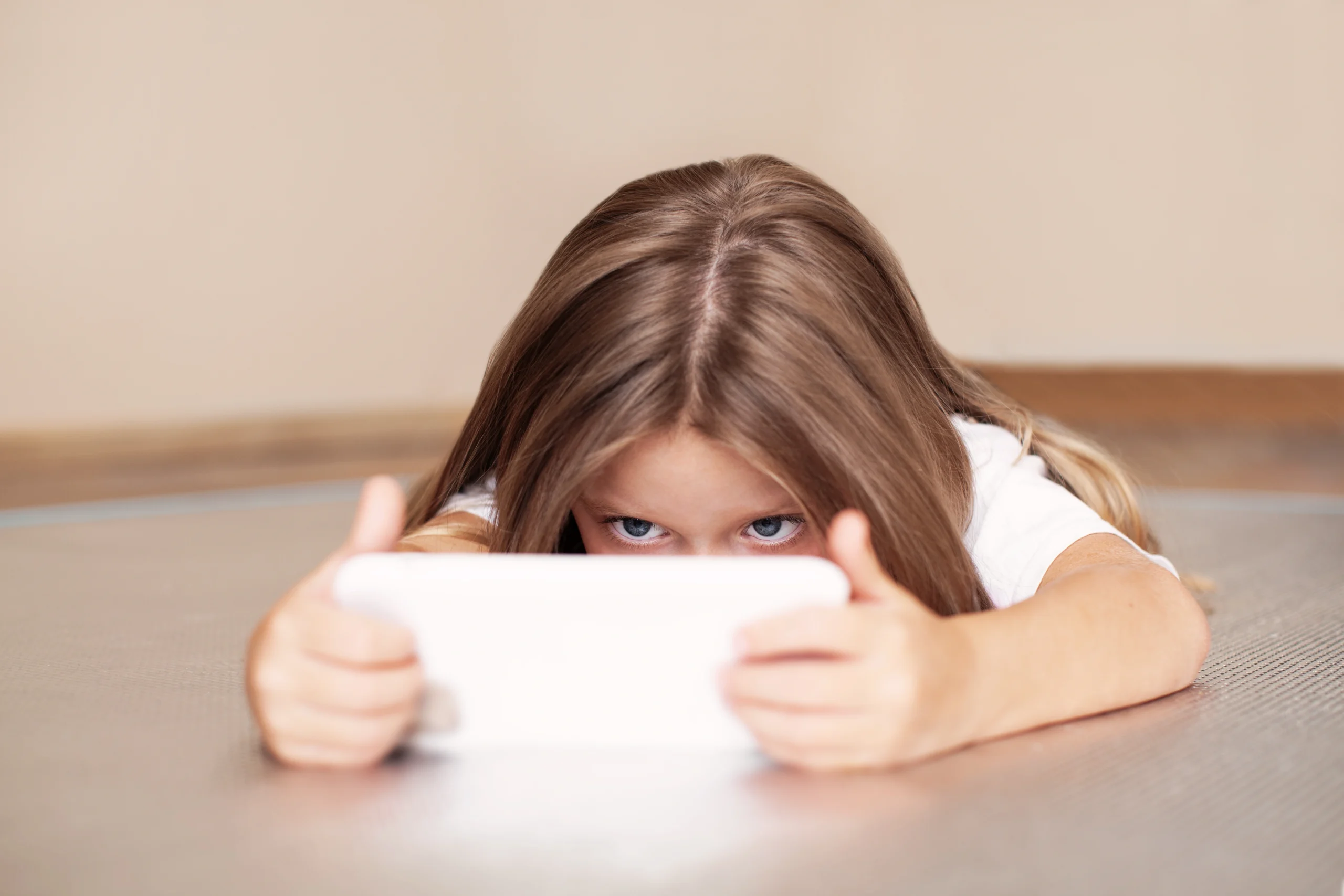As a family therapist in Mumbai, I often find myself sitting with parents and children who are navigating the emotional echoes of the pandemic. The masks may have come off, and the schools may have reopened, but many families are still quietly grieving—grieving lost time, missed milestones, emotional distance, and unspoken tensions that took root during those long, uncertain months.
For many Indian families, the pandemic brought about more than just health scares. It restructured daily life, reshaped routines, and redefined roles. Children matured overnight, parents became home-schoolers and breadwinners at once, and intergenerational tensions surfaced as everyone tried to adapt to a “new normal” that often felt anything but normal.
Let’s take a closer look at how parenting has changed post-pandemic—and how we can use this moment as an opportunity for healing, empathy, and growth.
1. Rebuilding Emotional Safety Through Honest Communication
One of the most common themes I encounter in child counseling is emotional withdrawal. During the pandemic, many children experienced emotional isolation—whether due to academic pressure, the absence of peers, or feeling misunderstood at home.

As a psychologist in India, I’ve observed that rebuilding trust and openness requires intentional effort. Parents often carry unprocessed stress too, which can make it harder to tune into their child’s emotional world.
If your child seems distant, angry, or excessively withdrawn, try asking:
🗣️ “I know the last few years have been tough—how did they feel for you?”
🗣️ “Is there anything you wish I had known or done differently?”
Children need to know their feelings matter, even if they can’t express them perfectly. Therapy sessions offer a safe space to bridge these communication gaps.
2. Acknowledging the Impact of Generational Patterns
Pandemic parenting didn’t just emerge in isolation—it collided with existing generational dynamics. In India, we often carry the weight of traditional parenting expectations: discipline over dialogue, structure over sensitivity.
But here’s the thing: the emotional upheaval of the pandemic cracked open many of these old molds.
As an individual therapist and Licensed psychologist in India, I help parents understand how their own upbringing might influence how they react to their child’s needs. If you grew up being told “don’t cry” or “be strong,” it’s natural that you might expect the same emotional control from your children.
But healing begins when we pause and ask: Is this about my child, or about something I wasn’t allowed to feel growing up?
Unpacking these layers doesn’t mean blaming—it means relationship counselling in India that helps both generations meet each other with more compassion and understanding.
3. Choosing Therapy as a Path Forward, Not a Last Resort
The stigma around therapy is gradually fading, especially after COVID-19. I’ve seen more families in India seek help proactively—and that shift is encouraging.
Whether it’s group therapy sessions in Mumbai for teens struggling with social anxiety, or premarital counseling for couples navigating parenting stress, the goal is always the same: to create clarity, connection, and coping skills.
Therapy can also be helpful in identifying unresolved trauma, including chronic post traumatic stress disorder symptoms that may have gone unnoticed during survival mode. In such cases, working with a PTSD specialist in Mumbai ensures that you’re not just “moving on” but actually healing.
Many families also opt for online psychologist consultation in India, which offers flexibility and privacy, especially for those outside metro cities.
The Numbers Behind the Need (2025 Snapshot)
- According to a 2024 UNICEF India study, over 40% of Indian adolescents reported increased family conflict during the pandemic.
- The Indian Journal of Psychiatry found a 28% rise in parent-child relational stress post-2020.
- Therapy search volumes related to “family communication” have nearly doubled across Indian metros since 2021.
These trends point to a simple truth: we are more aware, but also more overwhelmed. And that’s exactly where small, guided actions can make a big difference.
Final Thoughts: From Survival to Secure Connection
The pandemic revealed emotional cracks, but it also gave us a chance to repair them with more awareness and care. As a therapist in Mumbai working with individuals, couples, and families. I’ve seen the resilience that comes from leaning into tough conversations—with empathy, not judgment.
You don’t have to navigate this alone. Whether you seek premarital counseling services in Mumbai, child therapy, or family therapy, support is here—tailored to your unique story and strengths.
💬 Follow me on Instagram, Facebook, and LinkedIn for everyday tips on parenting, emotional healing, and self-compassion.




